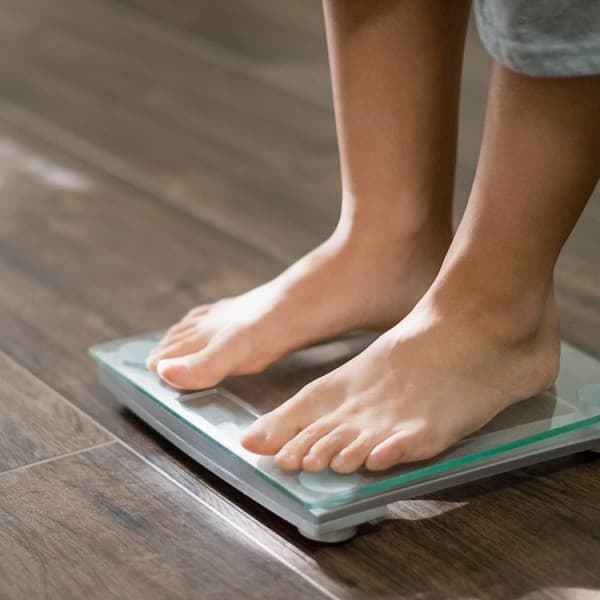What is cholesterol?
Cholesterol is a substance found in your blood that your body naturally makes. You need it to build healthy
cells.
You’ve probably heard about “good cholesterol” and “bad cholesterol”. But what does that mean? LDL
(low-density lipoprotein) is the “bad” kind. It can lead to fatty build-up in the arteries and may increase
chances of suffering from a heart attack or stroke. HDL (high-density lipoprotein) is the “good” kind of
cholesterol and can help protect you against those things.
If your cholesterol levels get too high, it may increase your chances of developing heart disease. The good
news is that cholesterol can be managed through diet, regular exercise, and prescribed medications.
Nutrition tips
Your body produces all the cholesterol you need, but eating certain foods may bring more of it to the table.
These include food groups like red meat, poultry, and dairy. Other things that are high in saturated fats and
oils, such as chocolate, coconut milk and cake, can contribute significantly to high cholesterol levels.
High cholesterol food usually equals higher fat. So if you can, choose healthy unsaturated fats like those
found in olive oil, nuts, and avocados. Rethink your diet to include more fiber, such as oatmeal or beans.
Cholesterol is the proof—you are what you eat.
An active heart
When it comes to lowering cholesterol levels, activity goes a long way. Find forms of exercise you like and stick with your program. A good starting place is 150 minutes a week (about 20 minutes a day) and go from there. But don’t stress too much about the numbers—just keep on moving.





%2F1_HowCanTheMazeProcedureRelieveAFib_2024-01-08-201903_qefy-hero-sm.jpg&w=3840&q=75)
